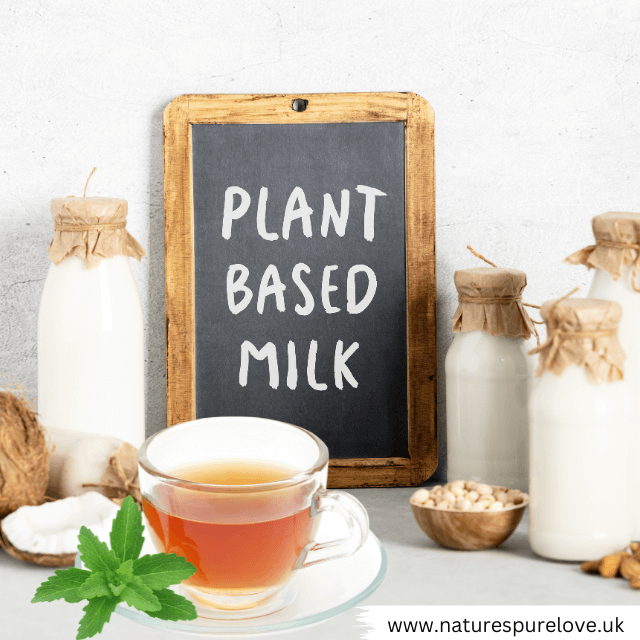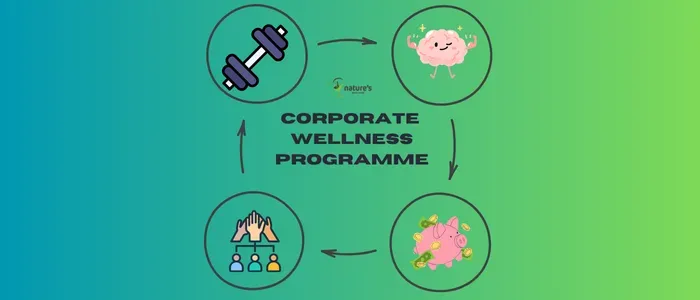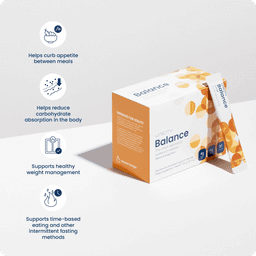Exposing the Secrets of Intermittent Fasting: Exploring Tea with Milk and Its Impact on Your Fast
Exposing the Secrets of Intermittent Fasting

Introduction:
Intermittent fasting (IF)—the buzzword that’s got everyone talking about weight loss, health, and longevity. But amidst the fasting frenzy, a curious question brews: Can you indulge in a soothing cup of tea with a dash of milk while fasting?
Fear not, fellow tea enthusiasts! In this guide, we’ll unravel the science behind IF, spill the tea on beverage choices during fasting hours, and explore whether that milky swirl in your Earl Grey is a friend or foe during your fasting window. So grab your favourite mug, settle in, and let’s steep ourselves in the knowledge!
Understanding Intermittent Fasting
Intermittent fasting alternates between periods of eating and fasting. There are various IF protocols, but they all share the principle of restricting calorie intake for a specific timeframe. Potential benefits of IF include weight management, improved blood sugar control, and enhanced cellular repair.
The Role of Beverages During Fasting
Water is the best beverage during fasting windows as it keeps you hydrated without introducing calories. Unsweetened black coffee and green tea are also generally considered acceptable during fasting, as they may offer additional health benefits.

Milk in Your Tea: Does it Break Your Fast?
Milk contains calories, primarily from lactose (milk sugar) and fat. While a small splash of milk (think a few drops) might seem insignificant, it can technically break your fast by introducing a small amount of calories.
Here's a breakdown of the impact depending on the amount of milk:
- Small splash (a few drops): The minimal calorie content might have a negligible impact on most fasting protocols. However, if you're following a strict fasting regimen aiming for complete calorie restriction, even a small amount of milk might technically break your fast.
- Regular amount of milk (1-2 tablespoons): This amount of milk can contribute 10-20 calories, potentially impacting the metabolic benefits of fasting, especially for shorter fasting windows.
Scientific Benefits of Intermittent Fasting
- Weight Management: Most research suggests intermittent fasting may be an effective weight management strategy. While it’s unlikely to be more beneficial than other calorie-restricted diets, it can help with weight loss.
- Metabolic Switching: One of the key mechanisms behind IF is metabolic switching. When you fast, your body switches its energy source from glucose stored in the liver to ketones stored in fat. Ketone bodies are not only used as fuel during fasting but also act as potent signalling molecules with major effects on cell and organ functions. This metabolic switch enhances the body’s defences against oxidative stress, improves glucose regulation, increases stress resistance, and suppresses inflammation.
- Health Conditions: Hundreds of animal studies and numerous human clinical trials have shown that intermittent fasting can lead to improvements in various health conditions, including:
- Obesity: IF may help reduce body weight and fat mass.
- Diabetes: IF can improve insulin sensitivity and blood sugar control.
- Cardiovascular Disease: IF may reduce risk factors such as blood pressure and cholesterol levels.
- Cancers: Some evidence suggests that IF may protect against certain cancers.
- Neurological Disorders: IF may have neuroprotective effects.

Alternatives to Milk in Your Tea:
If you enjoy creamy tea but want to stay within your fasting window, consider these alternatives:
- Unsweetened plant-based milk options: Almond milk, oat milk, or soy milk offer a creamy texture with minimal calories (depending on the brand, some may have a few calories). Choose unsweetened varieties to avoid adding extra sugar.
- A sprinkle of spices: Ground cinnamon, nutmeg, or cardamom can add a warming and flavourful twist to your tea without breaking your fast.
Conclusion:
While a small splash of milk in your tea might not significantly disrupt your fast, it's best to avoid it if you're following a strict fasting protocol or aiming for complete calorie restriction during your fasting window.
Nature's Pure Love offers a variety of herbal teas specifically designed to be enjoyed plain or with a splash of unsweetened plant-based milk. These teas come in a range of delicious flavours, allowing you to enjoy a flavorful and potentially health-promoting beverage during your fast.
Remember, consult your doctor before starting any new dietary regimen, including intermittent fasting.
Additional Tips:
- If you're unsure whether a particular amount of milk breaks your fast, it's best to err on the side of caution and avoid it.
- Experiment with different fasting approaches to find what works best for you. There's no one-size-fits-all approach to IF.
- During your eating windows, focus on consuming nutritious whole foods to maximise the health benefits of intermittent fasting.
Let Nature's Pure Love Be Your Partner in Wellness
Nature's Pure Love offers a range of products to support your IF journey:
- Herbal Teas: A variety of delicious and caffeine-free herbal teas can be enjoyed plain or with a splash of unsweetened plant-based milk during your fasting window. Consider flavours like peppermint, chamomile, or ginger for a refreshing and potentially health-promoting beverage.
- Bone Broth: Nature's Pure Love offers bone broth options rich in protein, electrolytes, and collagen, which can help combat hunger stings and support gut health during fasting windows.
- High-Quality Supplements: Nature's Pure Love provides a variety of supplements that can be beneficial during IF, like Omega-3 fish oil for heart health and multivitamins to ensure you’re getting essential nutrients. Always consult your doctor before starting any new supplements.
Frequently Asked Questions (FAQs)
Q. What is intermittent fasting?
A. Intermittent fasting is an eating pattern that cycles between periods of fasting and eating. It doesn't specify what you should eat but when you should eat it.
Q: How does intermittent fasting help with weight loss?
A: Intermittent fasting can lead to weight loss by reducing overall calorie intake. It also boosts metabolism and helps burn fat for fuel.
Q: Can I drink tea with milk while intermittent fasting?
A: A small splash of milk might be negligible, but a regular amount can break your fast due to added calories.
Q: What are the best alternatives to milk in tea during fasting?
A: Unsweetened plant-based milk or spices like cinnamon and cardamom can enhance your tea flavor without breaking your fast.
Q: Is intermittent fasting safe for everyone?
A: While generally safe, it might not be suitable for everyone. Consult your doctor before starting any new diet.
Q: What are the potential side effects of intermittent fasting?
A: Common side effects include hunger, fatigue, irritability, and difficulty concentrating, especially in the beginning.
Q: How can I stay motivated during fasting periods?
A: Stay hydrated, engage in physical activity, and plan healthy meals for your eating windows to boost motivation.
Citations:
- Link to a scientific resource on benefits of intermittent fasting: Research on intermittent fasting shows health benefits | National Institute on Aging (nih.gov)
- Intermittent fasting: The positive news continues - Harvard Health
Link to a scientific resource on benefits of intermittent fasting: https://www.ncbi.nlm.nih.gov/pmc/articles/PMC3926086/










